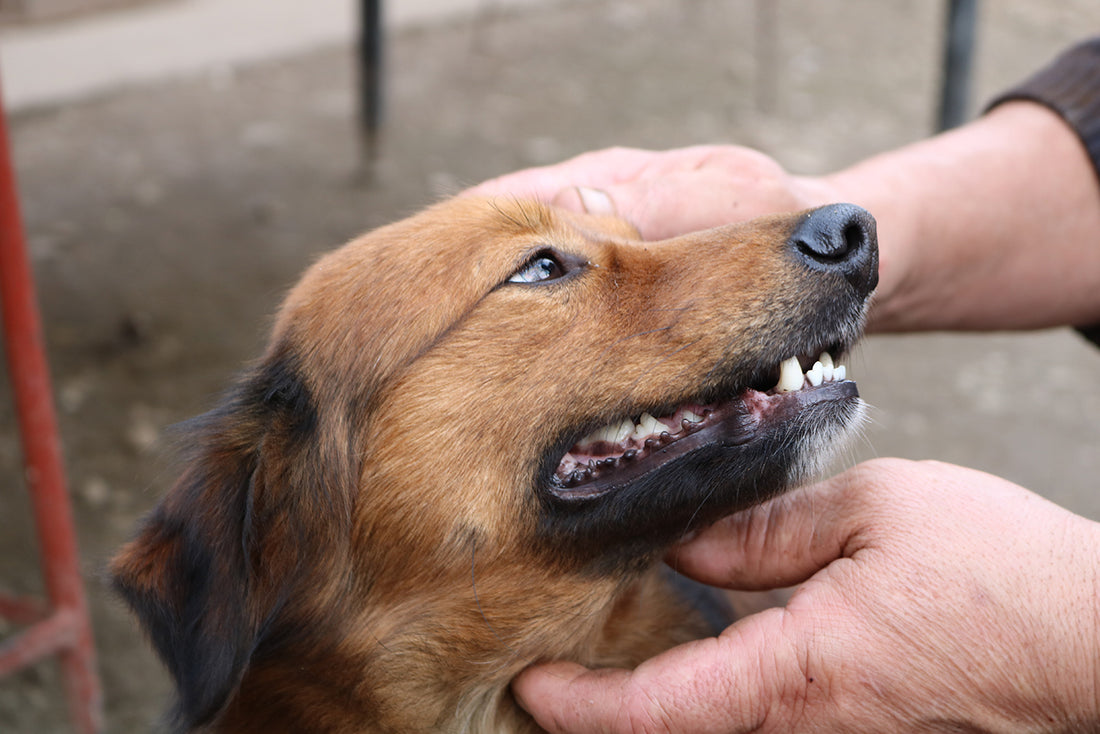
How Do Microchips Work on Pets?
Share
Statistically, every one in 3 pets becomes lost at one point in their lives. Just that fact alone is the very reason many pet owners like your self should consider or have considered getting a microchip on their canine or feline companion. Learn about the basics about how microchips work and why it’s so important to microchip your dog or cat.
Meaning of Microchip
A microchip is a RFID (Radio Frequency Identification transponder) It is a physical device the size of a grain of rice and has a unique ID number. The microchip can be scanned by vets or shelters and it transmits an unique ID number. The microchip doesn’t require any batteries or power. It is injected into the loose skin of your pets and it is as simple as a vaccination for your pet.
Registering Microchip
The RFID microchip will be useless unless you register the unique id with a national pet recovery database. Most vets and shelters have access to different microchip databases where the unique ID of your pet can be registered. You’ll want to make sure the service is a member of AAHA (American Animal Hospital Association). They offer a tool such as the AAHA Universal Pet Microchip Lookup Tool.
When the tool is used it will show all of your pets registered information such as contact information. You can leave your phone number as well as your email in the database so that you can get contacted through many multiple avenues. You wouldn’t want to miss a call letting you know your pup is okay, so it’s a great idea to leave multiple contacts under the unique ID.
Is it a Tracking Device?
The RFID chip is not the same as a GPS device. They’re also not substitutes for each other, but you can use them hand in hand. A GPS device won’t have a unique ID registered to it like the RFID so if your pet is found, it won’t show contact information. You’ll need an RFID chip in order to have your contact information accessible. A GPS also requires batteries and is used on collars and tags. Microchips are permanent since they’re under your pet’s skin for life.
A microchip won’t help guide you to the location of your pet, but it will allow others that find you pet to look up your contact information. Almost all vets and shelters will be able to access the RFID number and find your pets information in the database.
The AKC Reunite which is another popular program says Pets with microchips are up to 20 times more likely to be reunited with their owners.” It is a simple procedure that can help make you and your family feel more comfortable in case your pet gets lost. It’s inexpensive and the risks are minimal. If you have the opportunity to have your pet microchipped, then you should consider it. Losing your pet forever is much more difficult to bear.









